This leaves them feeling deprived of the opportunity to truly learn and doubting the quality of training they are receiving.
James and Owen, two of 41 students taking part in a government- funded apprenticeship at Staffordshire University in England, hope the course will help them improve their skills in cyber security or software engineering.
But after a semester of AI-generated lectures, voiceovers, and what they considered “superficial” material, their initial excitement quickly turned to disappointment, with James expressing fears that he had “wasted two years” on a course that was delivered “in the cheapest way possible.”
Signs that the course content is heavily dependent on AI are evident from the very first lesson. PowerPoint lectures use AI voices that mimic the instructor. Slides contain a mix of American and British English.
Many of the files have strange names and general sections, sometimes referencing unrelated information. In one video on the course website, the voiceover suddenly switches to Spanish for 30 seconds before returning to English.
Two AI detection tools, Winston AI and Originality AI, used by The Guardian to scan documents identified that many assignments and presentations were “highly likely to have been AI-generated”.
The conflict is further exacerbated by the fact that the school strictly prohibits students from using AI in their assignments, considering it an act of academic cheating, while lecturers themselves use AI to build teaching materials.
James and Owen said they had repeatedly complained to student representatives and lecturers, but the response was unsatisfactory. In one recording, when James asked to remove the AI-generated slides, a student representative replied that lecturers were “allowed to use a variety of tools,” much to the disappointment of many. Another student commented: Only “about 5% of the slides were useful,” with the rest being mostly repetitive or lacking in depth.
On social media, students in the UK and the US have complained about teachers copying responses from ChatGPT or using AI images in slides without carefully reviewing the content. Some see this as a sign of reduced teaching resources or a lack of commitment on the part of teachers.
A spokesperson for Staffordshire University insisted that “academic standards remain,” stressing that AI only assists in the preparation of documents and “does not replace academic expertise.” But for students like James and Owen who are in the midst of career transitions, that explanation is unsatisfactory.
Although the university invited non-AI lecturers to teach the final session, many students said it was too little too late and did not address the core problem: the decline in the quality of education when AI is used without control and transparency.
The Staffordshire incident comes as universities increasingly embrace AI to save time, create learning materials, mark assignments and provide personalized feedback. A Department for Education policy released in August 2025 described generative AI as a tool “with the power to transform education.” Nearly 25% of teachers surveyed used AI in their teaching.
Source: https://giaoducthoidai.vn/dai-hoc-staffordshire-bi-to-lam-dung-ai-post757740.html








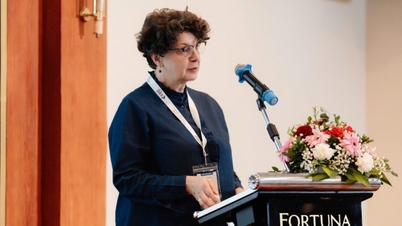



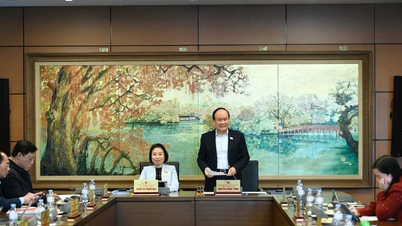


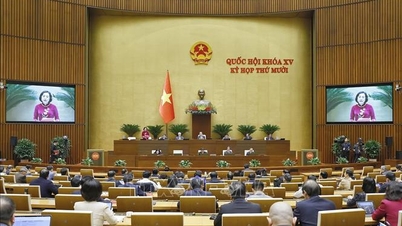

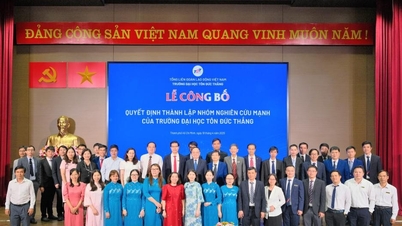




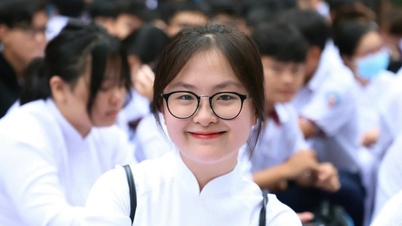


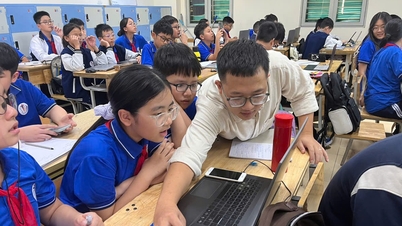








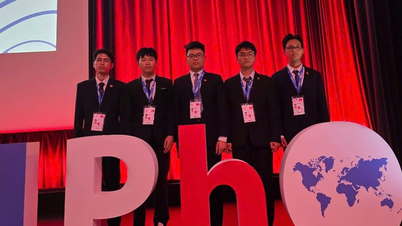

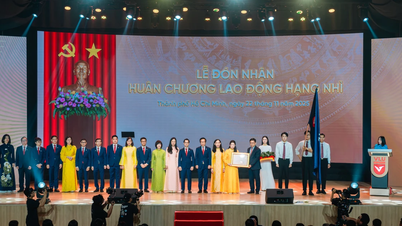



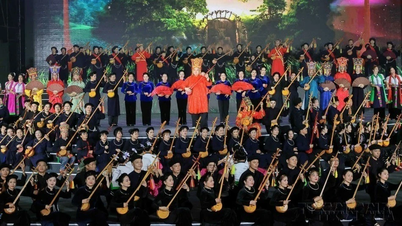





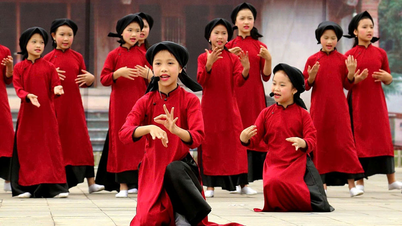
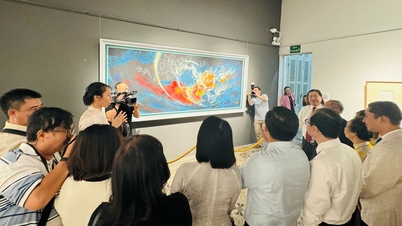



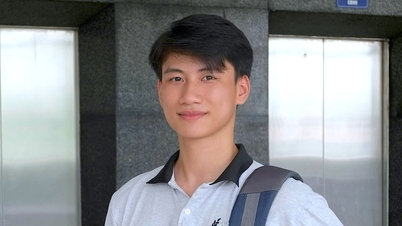


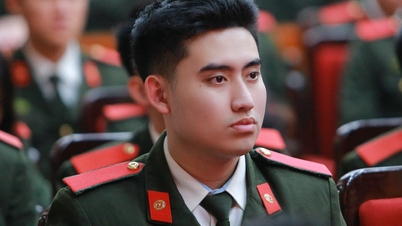

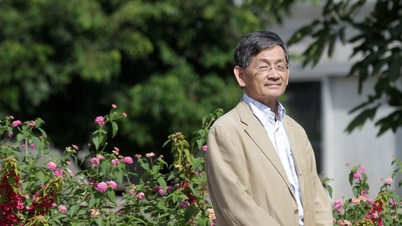


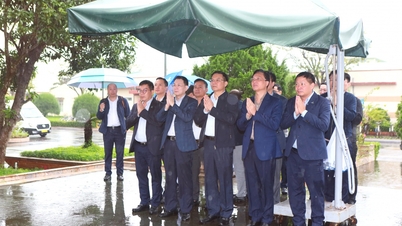
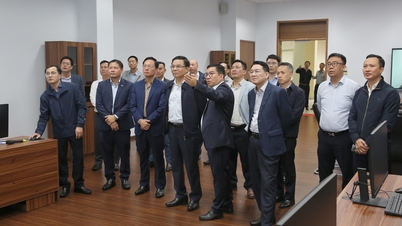














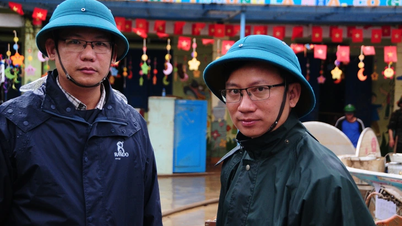
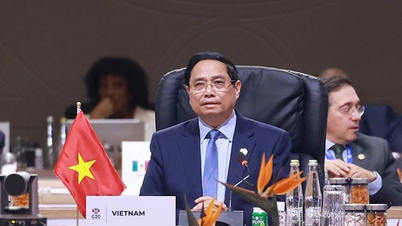

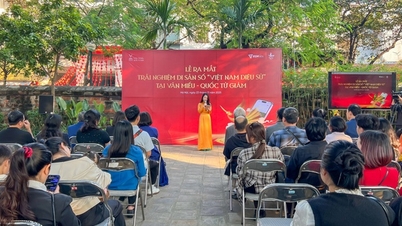


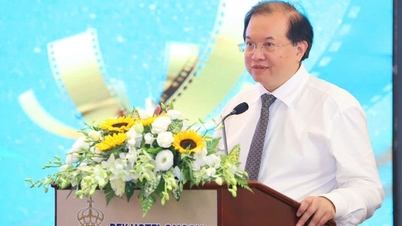
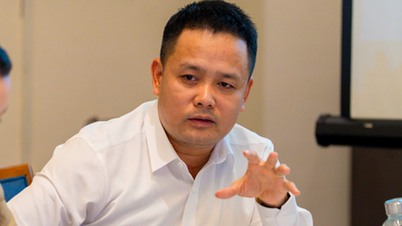
























Comment (0)